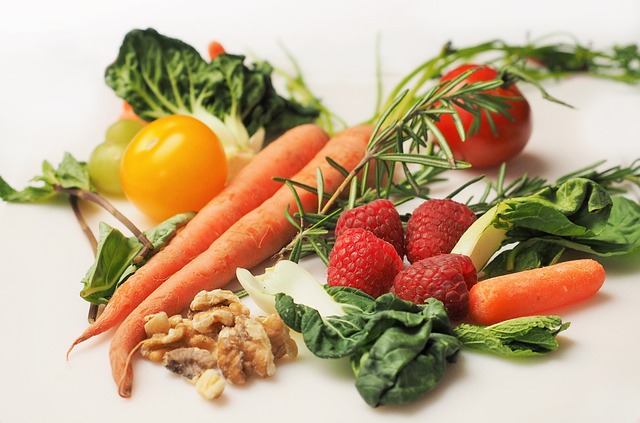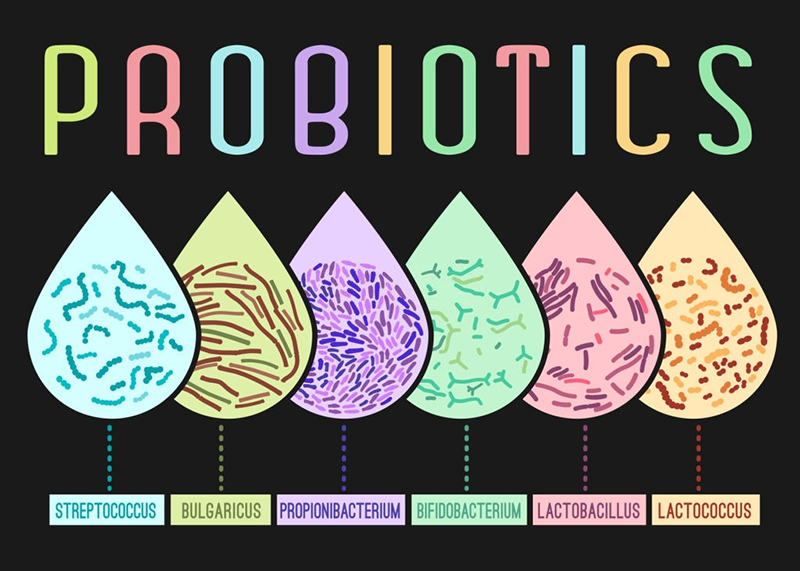Beyond Yogurt: A Guide to the Best Probiotic-Rich Foods
Probiotics are live microorganisms that provide numerous health benefits when consumed in adequate amounts. While most people think of yogurt when they hear the word “probiotics,” there are many other foods that are rich in these beneficial bacteria.
1. Kefir
Kefir is a fermented milk drink that is similar to yogurt but has a thinner consistency and a tangier taste. It contains a variety of probiotic strains, including lactobacillus and bifidobacterium, and is a great source of calcium and protein.
2. Kimchi
Kimchi is a Korean side dish made from fermented vegetables, typically cabbage, radishes, and scallions. It’s high in vitamins C and K, as well as fiber and probiotics such as lactobacillus plantarum. Additionally, some studies suggest that kimchi may have anti-inflammatory and antioxidant properties.
3. Sauerkraut
Sauerkraut is a traditional German dish made from fermented cabbage, salt, and sometimes spices. It’s rich in vitamin C, iron, and probiotics such as lactobacillus plantarum and leuconostoc mesenteroides. Additionally, sauerkraut may aid in digestion and help boost the immune system.
4. Tempeh
Tempeh is a fermented soy product that originated in Indonesia. It’s a great source of protein and fiber, as well as probiotics such as rhizopus oligosporus and bacillus subtilis. Additionally, some studies suggest that tempeh may help reduce cholesterol levels in the blood.
5. Miso
Miso is a Japanese seasoning made from fermented soybeans, salt, and koji (a type of fungus). It’s commonly used in soups and marinades and is a good source of protein, fiber, and probiotics such as lactobacillus acidophilus and bifidobacterium bifidum. Additionally, miso may have anti-inflammatory and immune-boosting properties.
6. Pickles
Pickles are cucumbers that have been fermented in vinegar or brine. While not all pickles contain probiotics, those that are made with brine can be a good source of lactobacillus bacteria. Additionally, pickles are low in calories and high in vitamin K.
7. Kombucha
Kombucha is a fermented tea drink that is made by adding a symbiotic culture of bacteria and yeast (SCOBY) to sweetened tea. It’s a good source of probiotics such as gluconacetobacter and acetobacter, as well as antioxidants and B vitamins. Some studies suggest that kombucha may have anti-inflammatory and anti-cancer properties, although more research is needed.
Conclusion
While yogurt is a great source of probiotics, it’s by no means the only one. Kefir, kimchi, sauerkraut, tempeh, miso, pickles, and kombucha are just a few of the many probiotic-rich foods available. By incorporating a variety of these foods into your diet, you can support your gut health and overall well-being.







